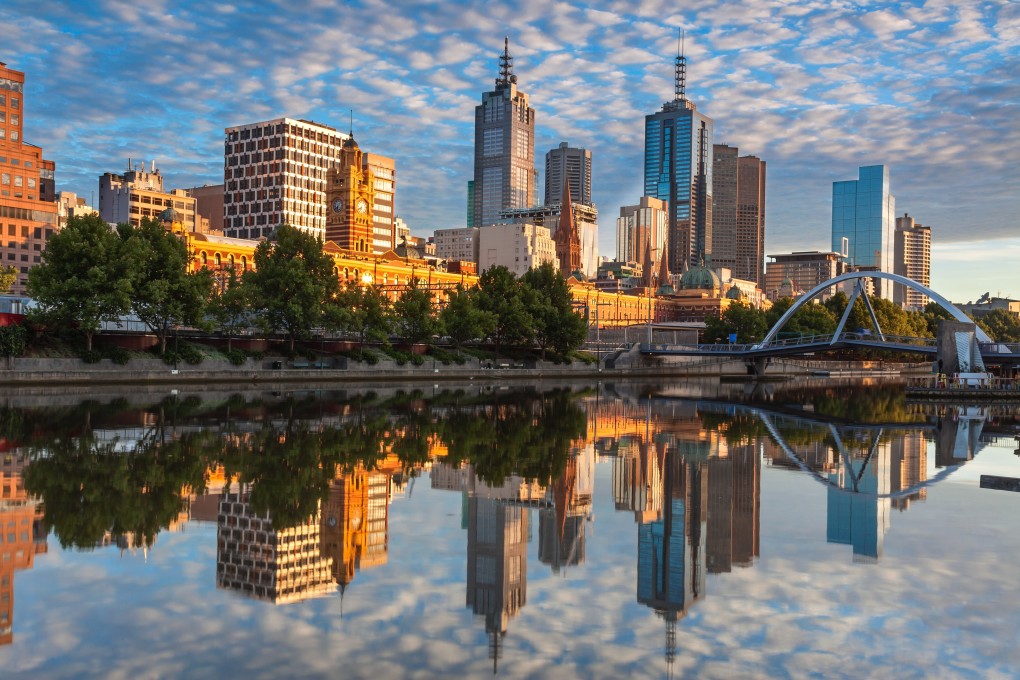Advertisement
With social distancing and online classes, does student accommodation property still provide healthy returns for investors?
- The industry has seen a huge drop in occupancy following the travel bans and restrictions, Australian developer BEKL says
- Appetite remains strong with first-half investments in Australia‘s student housing segment tripling the whole of 2019
Reading Time:3 minutes
Why you can trust SCMP

Student accommodation property was thought to be a resilient, defensive asset in previous crises, but does this hold true at a time of the Covid-19 pandemic when the new normal are social distancing and online classes?
The segment has won many deep-pocketed admirers over the past five years among sovereign wealth funds and pension fund managers, with the likes of Singapore’s GIC, Blackstone and Scape Australia among the hungriest investors. Now, there is a mixed view about the segment’s prospects, but analysts and investors reckon that the asset’s long-term fundamentals remain sound.
“The student accommodation industry has seen a huge drop in occupancy rates following the implementation of travel bans and restrictions,” said Ricky Phoon, director at Australian property developer BEKL, which owns such assets in Melbourne. “Its impacts are being felt nationwide.”
Advertisement

Masonic Residence, BEKL’s student accommodation property near Monash University, offers 86 rooms and currently has 60 students living there, Phoon added, having experienced a drop in occupancy rates following the travel ban. Its other property, Wattle Park Residence, is located near Deakin University in Melbourne, a Covid-19 hotspot in Australia.
Advertisement
The weaker market trend is not dissimilar to Hong Kong, where landlords have seen rental yields slipping near local universities as prolonged travel bans have shrunk the student population in the city.
Advertisement
Select Voice
Choose your listening speed
Get through articles 2x faster
1.25x
250 WPM
Slow
Average
Fast
1.25x